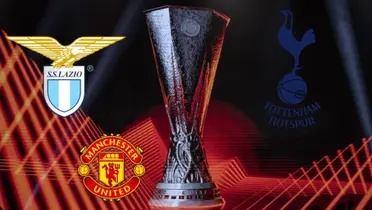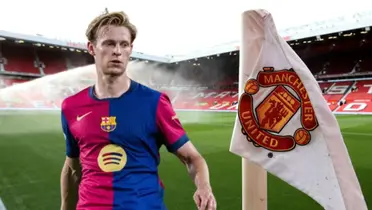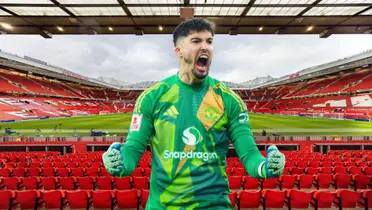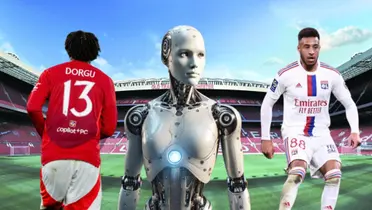How did Manchester United win the Intercontinental Cup in 1999?
Manchester United and the Intercontinental Cup: A two-sided legacy
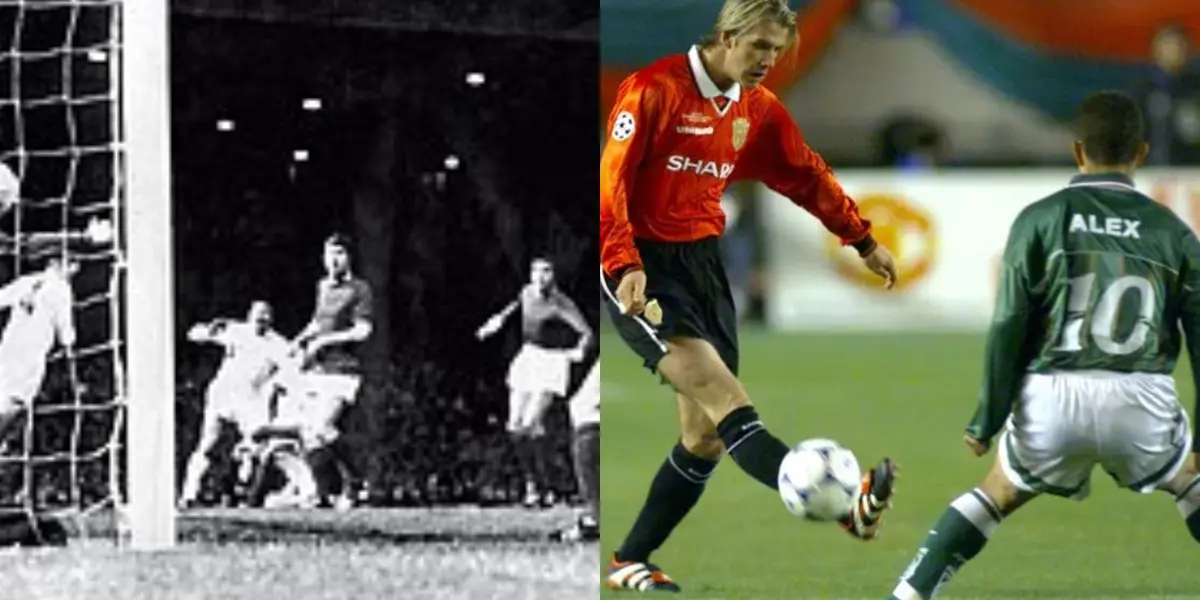
In the world of football, few tournaments possess the mystique and prestige of the Intercontinental Cup. This competition, which pitted the champions of Europe against those of South America, was for decades the pinnacle of club football worldwide. For Manchester United, their history in the Intercontinental Cup is divided into two chapters: the first, marked by adversity in 1968, and the second, culminating in glory in 1999.
The first chapter: 1968, the argentine challenge
In 1968, Manchester United, after conquering the European Cup, faced Estudiantes de La Plata of Argentina in the Intercontinental Cup. The English team, led by legends such as George Best, Bobby Charlton, and Denis Law, arrived as favorites but encountered a tough opponent and a hostile atmosphere in Buenos Aires.
The first leg, played at Boca Juniors' stadium, ended in a 1-0 victory for Estudiantes, with a goal by Marcos Conigliaro. The return leg, played at Old Trafford, was a 1-1 draw, with goals by George Best and Juan Ramón Verón. The aggregate score was 2-1 in favor of Estudiantes, who were crowned champions.
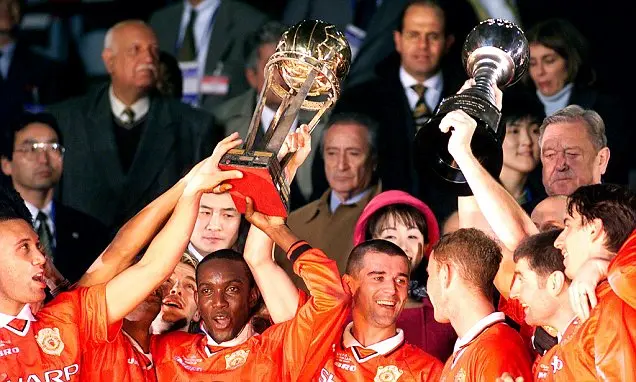
The triumphant return: 1999, the revenge against Palmeiras
Thirty-one years later, Manchester United returned to the Intercontinental Cup as UEFA Champions League winners. This time, the opponent was Palmeiras of Brazil, a team with great figures like Rivaldo and Alex. The match, played in Tokyo, was a tight and exciting contest. The only goal of the match came in the first half, scored by Roy Keane, who became the hero of the night.
Manchester United thus claimed their first title in the Intercontinental Cup, a trophy that had eluded them in 1968. The team, managed by Sir Alex Ferguson, boasted a golden generation of players, including David Beckham, Ryan Giggs, and Paul Scholes.
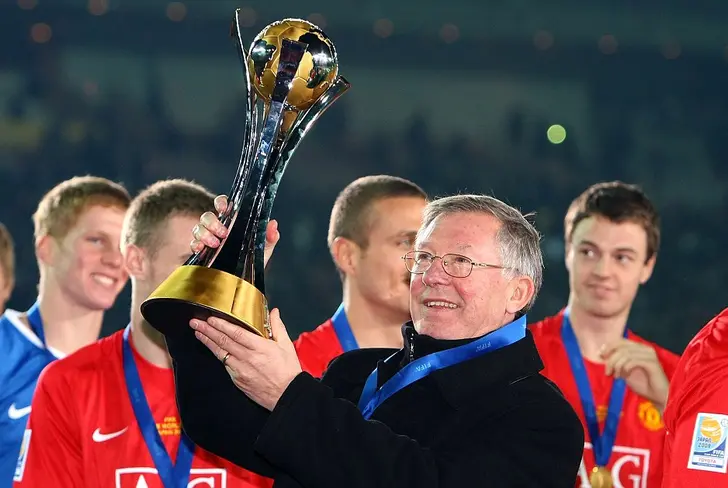
Legendary figures in the Intercontinental Cup
Manchester United's history in the Intercontinental Cup is marked by the presence of great players who left their mark on the tournament. In 1968, the team featured legends like George Best, a skilled and prolific goalscoring winger, Bobby Charlton, an elegant and creative midfielder, and Denis Law, a powerful and opportunistic striker.
In 1999, the title-winning team was led by Sir Alex Ferguson, a legendary manager who revolutionized English football. On the field, players like David Beckham, a midfielder with pinpoint accuracy in his passes and free-kicks, Ryan Giggs, a fast and elusive winger, and Roy Keane, a tough and leading midfielder, stood out.
The impact of the Intercontinental Cup on Manchester United
Participation in the Intercontinental Cup left a significant impact on Manchester United's history. Despite the defeat in 1968, the team learned valuable lessons and gained experience in international football. The 1999 title, meanwhile, cemented Manchester United as one of the biggest and most powerful clubs in the world.
The legacy of the Intercontinental Cup in world football
The Intercontinental Cup was a tournament that marked an era in world football. For decades, it pitted the best teams from Europe and South America against each other and witnessed great matches and individual performances. Despite its demise in 2004, its legacy endures in the memory of fans and in football history.
Manchester United's history in the Intercontinental Cup reflects the club's greatness and ambition. Despite the defeat in 1968, the team managed to rise and conquer the title in 1999, demonstrating their ability to compete and win at the highest level. The Intercontinental Cup is part of Manchester United's legacy, a club that has left an indelible mark on world football.
What you should know about Manchester United's participation in the Intercontinental Cup:
- Manchester United competed in the Intercontinental Cup twice: in 1968 and 1999.
- In 1968, the English team lost the final to Estudiantes de La Plata (Argentina).
- In 1999, Manchester United were crowned champions by defeating Palmeiras (Brazil).
- Great figures such as George Best, Bobby Charlton, Ryan Giggs, and David Beckham played in the Intercontinental Cup with Manchester United.
- The Intercontinental Cup is a historic tournament that left an important legacy in world football.
More news
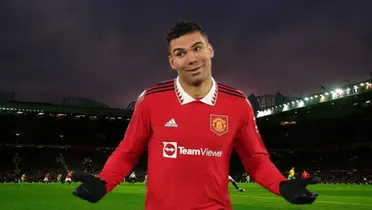
The Numbers Don't Lie: Casemiro's Dominance Returns
31/03/2025
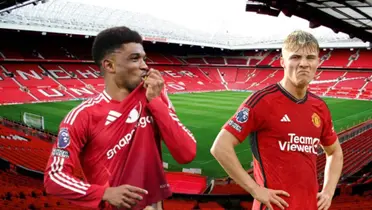
United's Dream Pairing: The Duo Fans Are Eager to See
31/03/2025
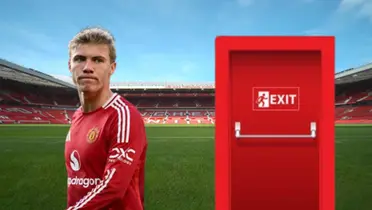
Hojlund's Fate: Will He Stay or Leave Man United?
31/03/2025
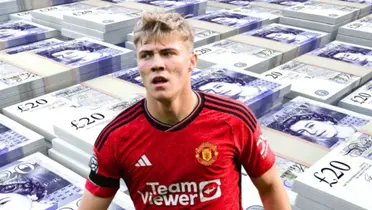
Højlund's Plummeting Value: A Cause for Concern at Man United
31/03/2025
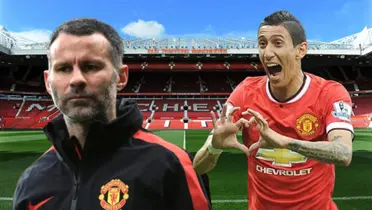
Giggs' Misjudgement: Depay's Free-Kick Hopes Fall Flat
31/03/2025
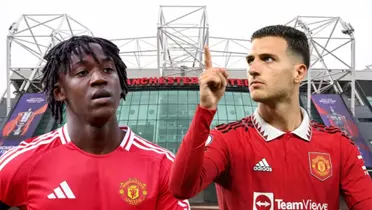
Man United's Summer Clearout: Players on the Chopping Block
31/03/2025
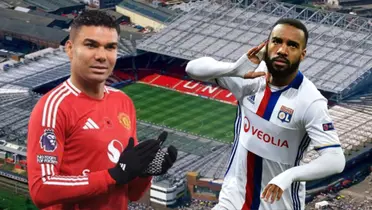
Financial Divide: Man United's Value Dwarfs Olympique Lyon's Squad Cost
30/03/2025
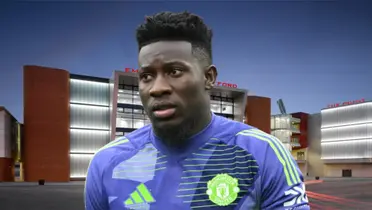
Onana Exit Rumors Swirl: How the Goalkeeper Is Responding
30/03/2025
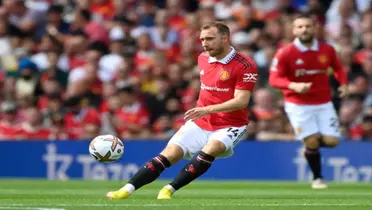
Eriksen breaks the silence about the rumors of not renewing
30/03/2025
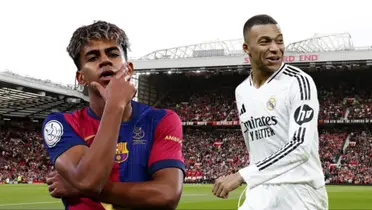
World-Class Player Available: Romano Reveals Transfer Bombshell
30/03/2025

Ugarte's Premier League Insight: Key Differences From Ligue 1 Revealed
30/03/2025
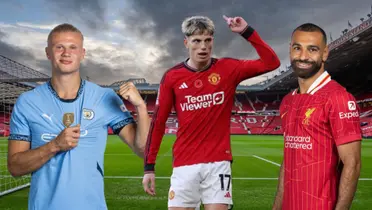
Garnacho Outshines Salah and Haaland: A Stunning Statistical Triumph
29/03/2025
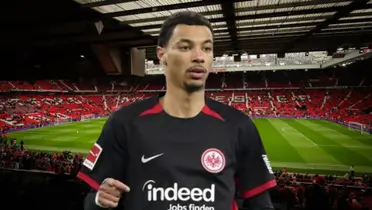
Ekitike's Staggering Stats: Why Man United Are Keen
29/03/2025
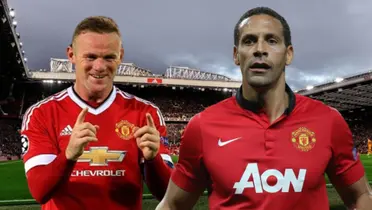
Beyond Legends: The United Player Who Rewrote Investment History
29/03/2025
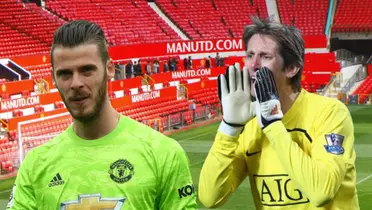
Manchester's Goalkeeping Giants: Who Reigns Supreme?
29/03/2025
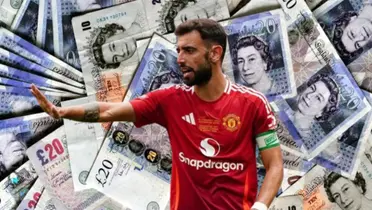
Fernandes' Fortune: Unveiling the Price Tag of United's Captain
29/03/2025
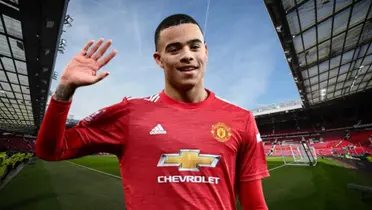
The Manchester United jewel that was rumoured for Barcelona ended up in an exotic league
29/03/2025
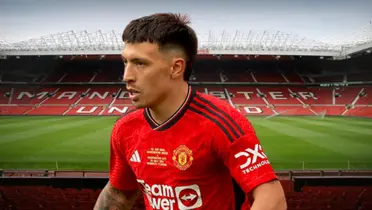
Father's Faith Pays Off: 100 Pound Bet on Son's United Debut
29/03/2025
